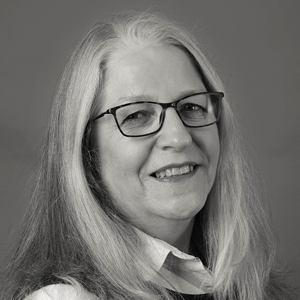No doubt, like other similarly committed NFP Board Directors, this has resulted in them providing hours of unpaid work to supplement the executive in areas such as fundraising and planning. Depending on the size of the organisation, pro bono board members often get involved from grass roots levels, right through to preparing the financials. While any assistance is gratefully accepted, it can sometimes blur the lines between Board and Executive responsibilities, not to mention adulterating governance requirements.
Skills based boards have been common in the commercial sector for many years. More recently we are seeing For Purpose Organisations move towards this format, but there is some debate as to whether it comes at the cost of losing the organisation’s soul. So what is the right balance to ensure the mission of an organisation does not get lost?
In its guide to Good Governance for Not-for-Profit Organisations, The Australian Institute of Company Directors (AICD) recommends a board should be comprised of a diverse group of people with an appropriate mix of skills, knowledge, professional as well as industry experience (ideally the philanthropic sector) who are aligned to the organisation’s objectives and strategic goals. It notes there is often a delicate balance to achieve when making board appointments for NFPs, because they are run by passionate people aligned with a particular cause. While it’s desirable to recruit individuals who will help promote constructive discussion and challenge any group-think behaviour, it’s important not to lose board cohesion. “The absence of a collegiate approach to decision-making can lead to highly dysfunctional outcomes, including decision paralysis.”
The AICD’s suggested skillset for NFP board appointments includes:
- Strategic expertise (to guide and review strategy)
- Accounting and finance knowledge (to read and understand the accounts and financial material presented to the board, as well as the organisation’s funding and business model)
- Legal understanding (a board’s responsibility involves overseeing compliance with numerous laws, individual directors have legal duties and responsibilities)
- Risk Management and Change Management experience
- People Management
- Fundraising experience
- Specific NFP or industry sector knowledge
- A passion for the cause
TRANSEARCH often work with clients who have this same challenge, and no one formula suits them all. While it can be argued that you don’t need to understand the service sector of the organisation to be effective at a governance level, if there is no subject matter expertise on the Board, you may not appreciate the inherent risks facing the service itself. Equally, if there is no personal attachment to the cause, will you really be passionate about achieving the best outcomes for stakeholders? A Board position is also a significant time commitment. Sometimes you’ll be required during business hours (which can be problematic, if elsewhere employed), but you can expect a lot of out-of-hours work.
It’s fair to say all Boards should be made up of professionals who are personally committed to the objectives of the organisation. But if you can’t find this, which way would you lean?

Sandra has in excess of 30 years recruitment and consulting experience within the Health and Human Services sectors across Australia, and internationally in New Zealand and America. She complements her consulting career with industry experience where she worked in a senior Human Resources Leadership role in a major teaching hospital in Boston. Well known for her consultative approach, Sandra has developed a reputation as a leading industry specialist, having placed a range of CEOs and senior executives across the sectors and facilitated initiatives including talent acquisition, talent management and organisational excellence. Read more…


